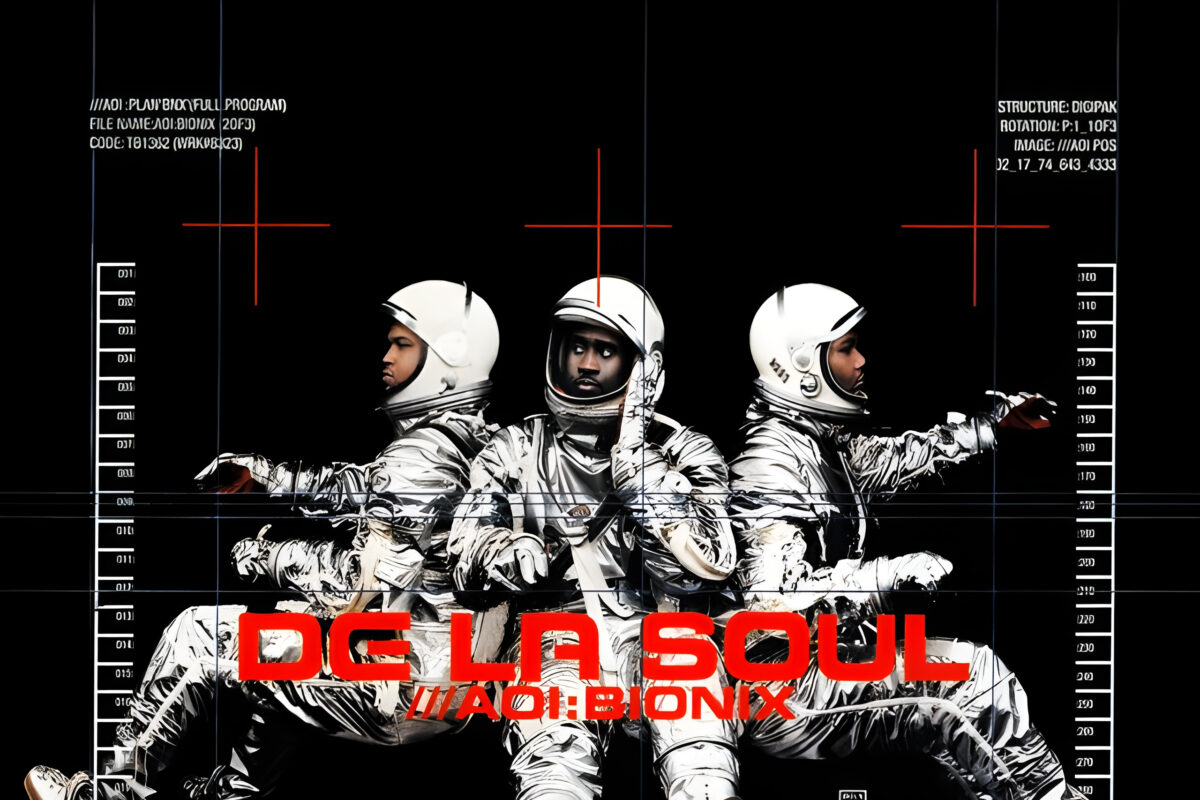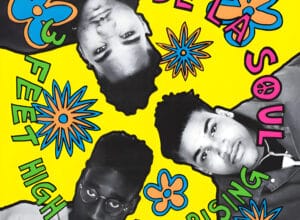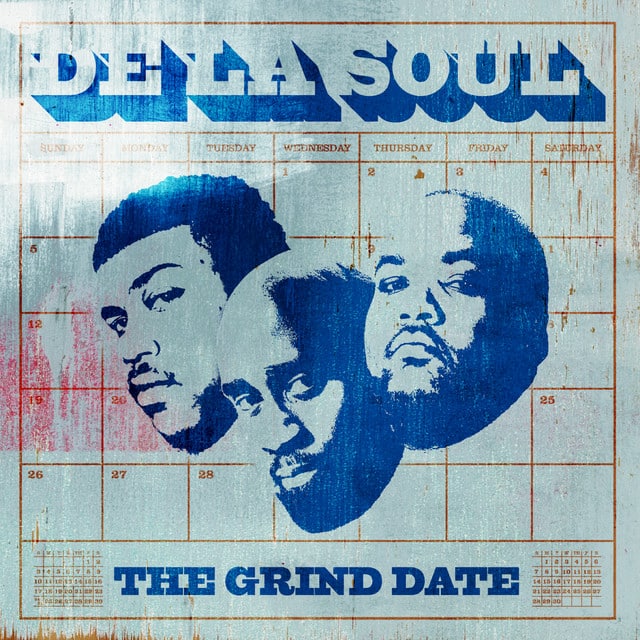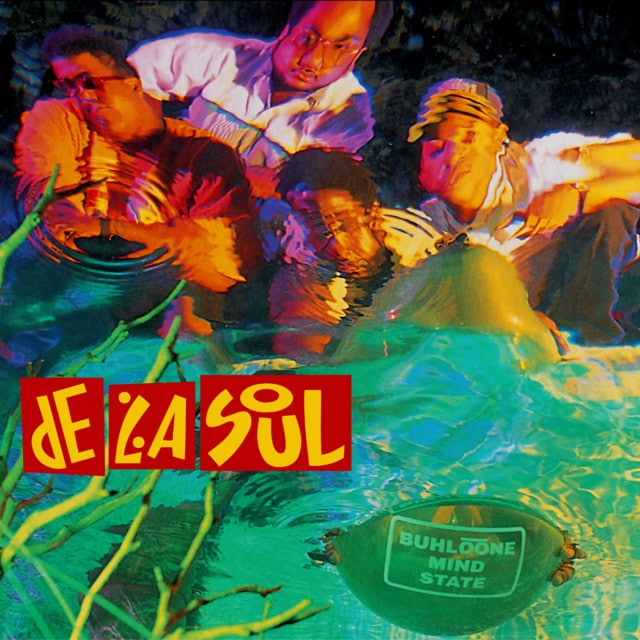Released: 2001
“Simply Havin'” by De La Soul encapsulates the carefree and communal atmosphere of clubbing, with an emphasis on fun, camaraderie, and the universal appeal of hip-hop music. It’s about letting go of worries, embracing the night, and challenging stereotypes surrounding the genre by emphasizing its broad and dynamic influence.
The hook, “Simply havin’,” establishes the central theme of enjoyment and relaxation. It’s repeated to emphasize a laid-back, celebratory attitude, a cornerstone in De La Soul’s music, often distinguished by its playful yet profound exploration of social norms and realities. In this case, the hook invites listeners into a night out with friends, setting a joyful tone.
As the first verse begins with “As we go clubbin’,” the group introduces a vivid narrative of a night on the town. Here, clubbing represents a universal cultural ritual, an escape from daily pressures. “Me and my peoples we be lookin’ (simply) / And we buggin’ (havin’)” speaks to the essence of companionship and the jovial antics that friends often share when enjoying each other’s company.

In lines about the dancefloor and drinks, “talkin’ ’bout no dancefloor rubbin’ / ‘Til we supply ’em with at least / Two to three mixed drinks from the bar,” there’s a humorous acknowledgment of nightlife conventions. The play on needing drinks to loosen up hints at the social lubricant role that alcohol plays in such settings, a subtle critique on the transactional nature of nightlife interactions.
The dismissal of “rookies” reflects the attitude of seasoned club-goers, as “them rookies get dismissed / ‘Cause it ain’t hard to find.” This phrase adds a layer of exclusivity and know-how to the group’s portrayal, suggesting an inside understanding of how to enjoy nightlife fully. It’s a nod to those who truly appreciate the subtleties of a night out.
“The ladies that can move it / To the latest bassline, attached to the drum / That’ll set it off and make the local DJ a star,” continues the theme by praising those who can dance effortlessly. Here, De La Soul underscores the dynamic between music and its ability to energize and unite people on the dancefloor, simultaneously boosting the DJ’s profile, a crucial element in hip-hop culture.
The line “But can I get a boost from the bass and the treble?” emphasizes the physical experience of music, appealing to the sensory impact of sound. This focus on the auditory experience distinguishes hip-hop’s unique place within club culture. It’s about elevating moods and energy levels through the potent mix of beats and rhythm.
Moving on, “This record ain’t for (simply) / Soothin’ but for raisin blood levels” underscores hip-hop’s high-energy impact. It acknowledges that their music isn’t just background noise; it’s intended to invigorate and excite, suggesting that the visceral thrill of their sound defies simple categorization.
“But know that some don’t like the music / That it promotes rappin’, and global gun-clappin'” addresses criticism often levied against hip-hop for perceived violent imagery. De La Soul flips the script by highlighting how, despite criticism, their shows still pack in audiences. It’s a defense of their artistic expression, claiming legitimacy and broad appeal.
The song wraps with “This ain’t rock and roll (’cause the rap is in control),” a bold declaration of hip-hop’s ascendance and dominance. It implies a changing cultural landscape where rap music has not only earned its place but thrives in places once dominated by other genres. In a historical context, De La Soul asserts hip-hop’s importance and influence on a global scale.








